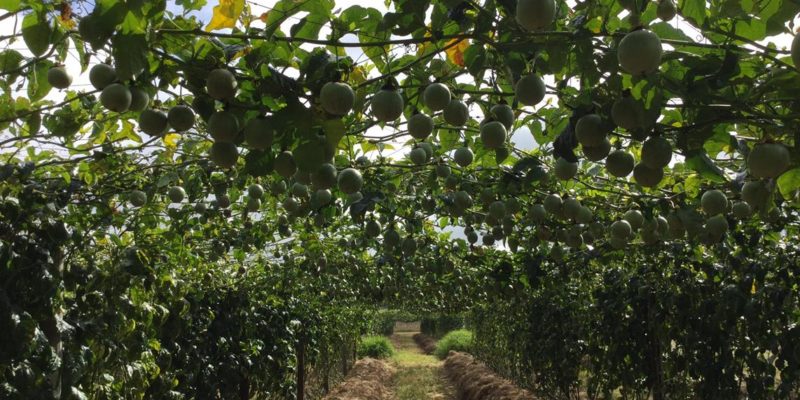Agribusiness is a vital sector in Kenya, contributing significantly to the country’s economy and employment opportunities. With its diverse climate and fertile soils, Kenya has a favorable environment for agricultural activities. However, the state of agribusiness in Kenya is not without its challenges and opportunities.
One of the key challenges faced by agribusiness in Kenya is access to finance. Many small-scale farmers and agribusiness enterprises struggle to secure adequate funding to invest in modern agricultural technologies, quality seeds, fertilizers, and machinery. Limited access to credit and high-interest rates hinder the growth and productivity of the sector. To address this, the Kenyan government and financial institutions are working towards providing more accessible and affordable financing options tailored specifically for agribusinesses.
Another significant challenge is the lack of infrastructure, particularly in rural areas. Inadequate roads, storage facilities, and irrigation systems make it difficult for farmers to transport their produce to markets and store them effectively. The government has recognized this issue and has been investing in infrastructure development to improve connectivity and reduce post-harvest losses. Additionally, initiatives such as the construction of cold storage facilities and the promotion of farmer cooperatives have been introduced to enhance value chain efficiency.
However, amidst these challenges, there are numerous opportunities within the state of agribusiness in Kenya. One such opportunity is the growing demand for organic and specialty crops. Kenyan farmers are increasingly exploring the production of high-value crops like avocados, macadamia nuts, and herbs, which have a significant export market. These crops require specialized cultivation techniques and fetch premium prices, providing farmers with higher incomes and better livelihoods.
Moreover, technology and innovation are transforming the agribusiness landscape in Kenya. Digital platforms, mobile applications, and remote sensing technologies are being used to improve farming practices, access market information, and connect farmers with buyers. Agribusiness incubation programs and innovation hubs have also emerged, supporting entrepreneurs and fostering the development of agri-tech startups. These technological advancements have the potential to revolutionize productivity and efficiency in the sector.
Additionally, the increasing focus on sustainability and climate-smart agriculture presents opportunities for agribusinesses in Kenya. Consumers, both locally and globally, are demanding environmentally friendly and ethically produced food products. This has led to the adoption of practices such as conservation agriculture, organic farming, and renewable energy utilization. Agribusinesses that prioritize sustainability and incorporate eco-friendly practices into their operations are well-positioned to tap into this growing market and differentiate themselves from competitors.
The state of agribusiness in Kenya is a mix of challenges and opportunities. Access to finance, infrastructure limitations, and the need for technological advancements remain significant hurdles. However, the growing demand for organic crops, the rise of innovative solutions, and the emphasis on sustainability create a favorable environment for agribusinesses to thrive. With continued investment, supportive policies, and the adoption of modern farming practices, Kenya has the potential to strengthen its position as a leading agricultural hub in the region.

